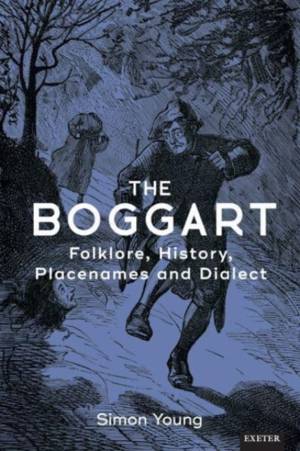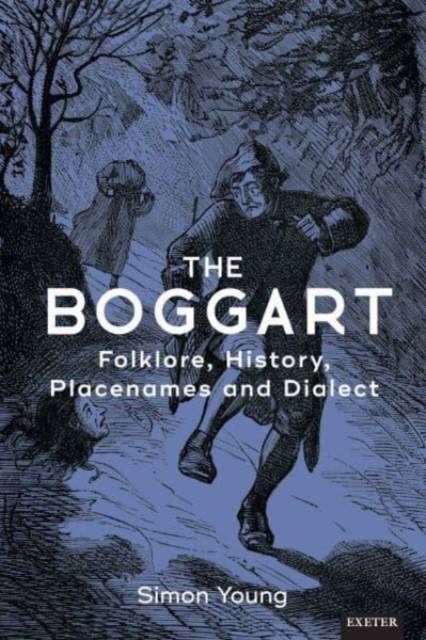
- Afhalen na 1 uur in een winkel met voorraad
- Gratis thuislevering in België vanaf € 30
- Ruim aanbod met 7 miljoen producten
- Afhalen na 1 uur in een winkel met voorraad
- Gratis thuislevering in België vanaf € 30
- Ruim aanbod met 7 miljoen producten
Zoeken
Omschrijving
Honourable mention for The American Folklore Society's Wayland D. Hand Prize for outstanding book combining historical and folkloristic methods and materials. Runner up for The Folklore Society's 2022 Katherine Briggs Award for most distinguished contribution to folklore studies. The little-studied and once much-feared boggart is a supernatural being from the north of England. Against the odds it survives today, both in place-names and in fantasy literature-not least the Harry Potter universe. This book pioneers two methods for collecting boggart folklore: first, the use of hundreds of thousands of words on the boggart from newly digitized ephemera; second, about 1,100 contemporary boggart memories from social media surveys and personal interviews relating to the interwar and postwar years. Combining this new data with an interdisciplinary approach involving dialectology, folklore, Victorian history, supernatural history, oral history, place-name studies and sociology, it is possible to reconstruct boggart beliefs, experiences and tales. The boggart was not, as we have been led to believe, a 'goblin'. Rather, 'boggart' was a much more general term encompassing all solitary supernatural beings, from killer mermaids to headless phantoms, from black dogs to shape-changing ghouls. The author shows how in the same period that such beliefs were dying out, folklorists continually misrepresented the boggart, and explores how the modern fantasy boggart was born of these misrepresentations. As well as offering a fresh reading of associated traditions, The Boggart demonstrates some of the ways in which recent advances in digitization can offer rich rewards.
Specificaties
Betrokkenen
- Auteur(s):
- Uitgeverij:
Inhoud
- Aantal bladzijden:
- 330
- Taal:
- Engels
- Reeks:
Eigenschappen
- Productcode (EAN):
- 9781905816903
- Verschijningsdatum:
- 1/03/2022
- Uitvoering:
- Hardcover
- Formaat:
- Genaaid
- Afmetingen:
- 163 mm x 236 mm
- Gewicht:
- 657 g

Alleen bij Standaard Boekhandel
+ 237 punten op je klantenkaart van Standaard Boekhandel
Beoordelingen
We publiceren alleen reviews die voldoen aan de voorwaarden voor reviews. Bekijk onze voorwaarden voor reviews.







